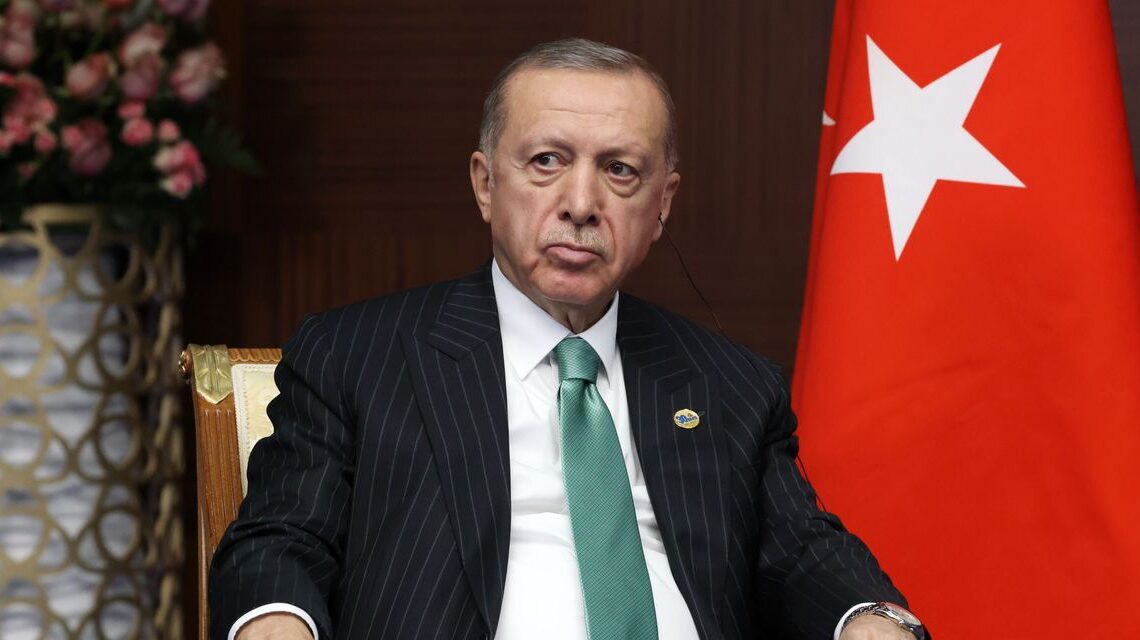ISTANBUL—Turkey’s parliament passed a law criminalizing the spread of alleged disinformation and forcing social-media platforms such as WhatsApp to hand over users’ personal information, raising alarm among free-speech advocates.
Turkish journalists and media watchdogs say the legislation, passed late Thursday, will have a chilling effect on speech in the run up to Turkey’s national election scheduled for next year. President Recep
Tayyip Erdogan
is at risk of defeat in the election partly due to Turkey’s struggling economy.
Backers of the new law, including Mr. Erdogan’s Justice and Development Party, say the measure is needed to clamp down on what they called online misinformation.
The law would hand jail sentences of one to three years for anyone convicted of spreading false information “in a manner that is liable to disturb public peace.” If a person conceals their identity while spreading misinformation, those sentences can be increased by half, the law says. The law doesn’t specifically define false information.
Journalists associations and rights groups say that this provision of the law will make it easier for Turkish authorities to jail journalists and members of the public for speech critical of the government.
It follows years in which Mr. Erdogan and his supporters have remade the Turkish system of government and extended their control over media institutions within the country. Turkey adopted a new constitution through a referendum in 2017 that transformed the government to one controlled by a powerful presidency. Pro-government business people have taken control over an expanding swath of media and authorities have jailed a series of journalists on terrorism charges.
“This has been the final stop in a long process, in Erdogan’s effort to control public speech,” said Emre Kizilkaya, the vice chair of the International Press Institute, a media freedom group based in Vienna. “It’s another step in Erdogan’s Putin-ization,” referring to President
control over media in Russia.
The far-reaching law includes changes to Turkey’s penal code and its telecommunications laws, and moves to bring online media under greater government regulations.
One provision of the bill would require messaging apps to hand over user information if requested…
Click Here to Read the Full Original Article at WSJ.com: World News…

